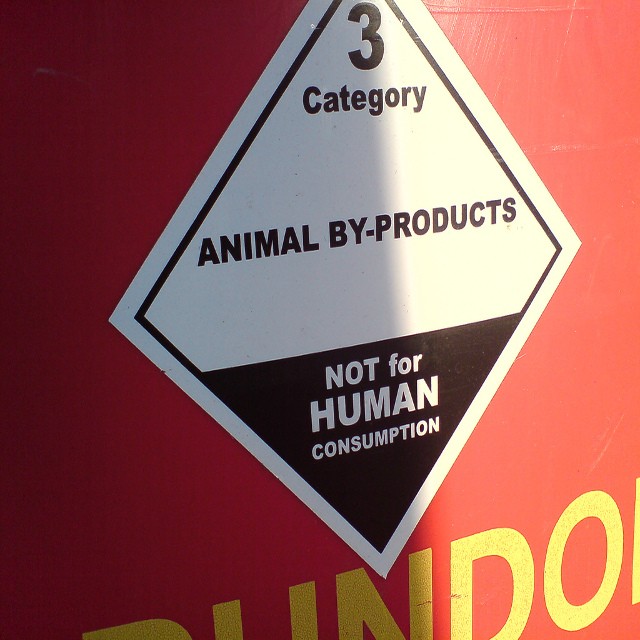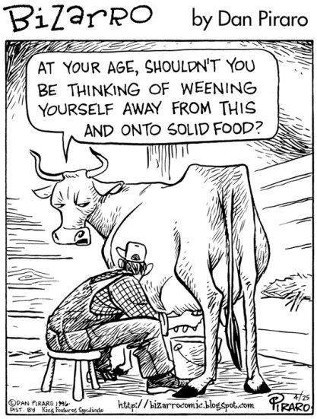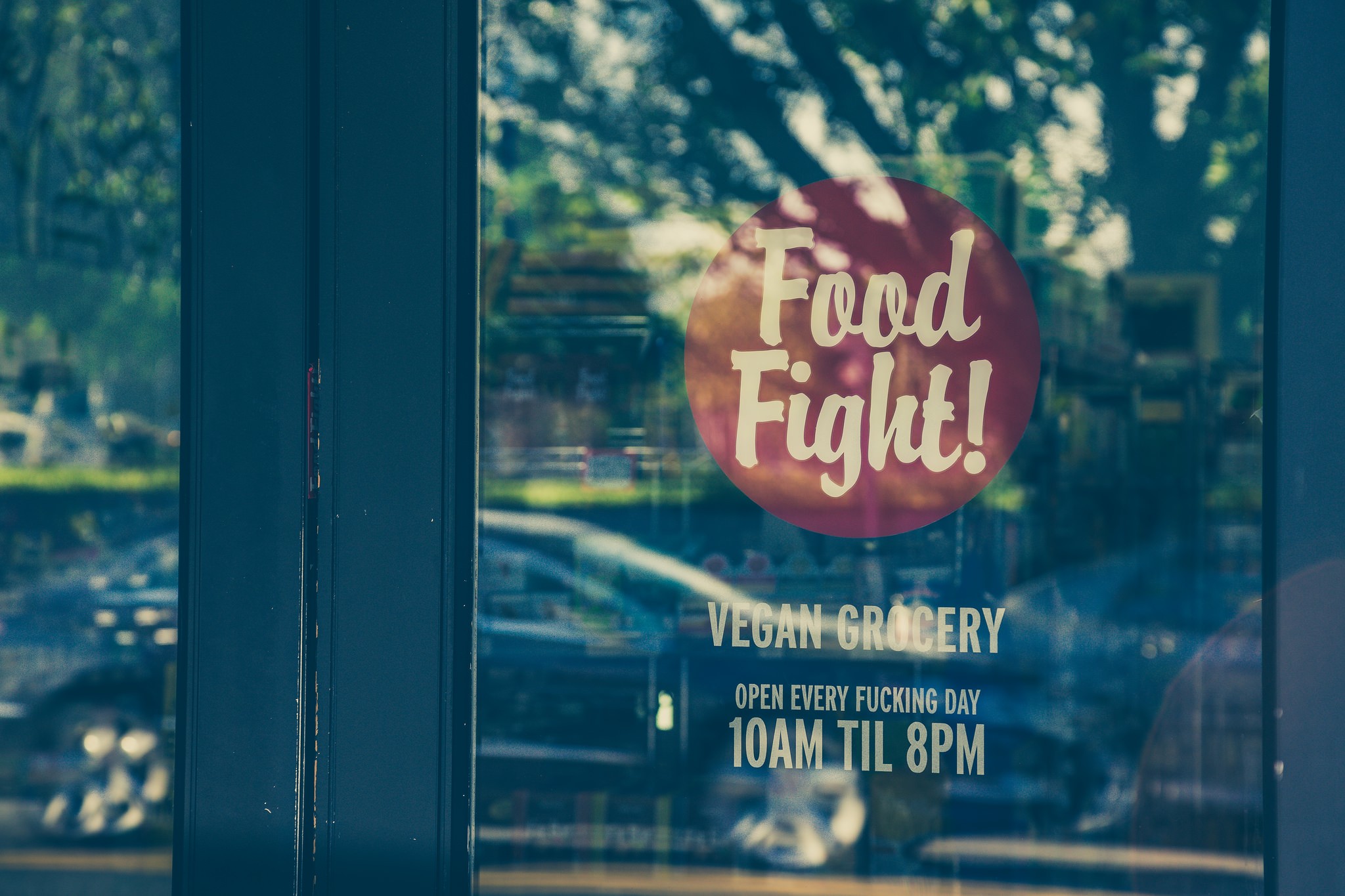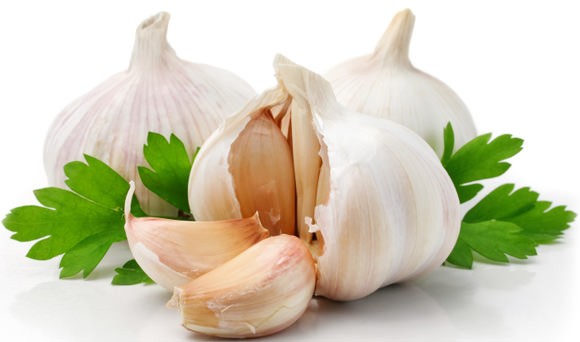Unfortunately, there are still too many people who don’t seem to be aware about the impact of meat consumption and dairy products on gas emissions and climate change. The impact is huge and even exceeds the impact of the entire aviation industry on gas emissions. Very interestingly, most foods that are linked to climate change often prove to be unhealthy, especially when consumed in large quantities. In order to get climate change under control the Oxford University came up with a great idea. It suggested to impose a taxe rate on meat and other animal products depending on their impact on climate change while combining those taxes with subsidies for non-animal products. Read on to learn more about this brilliant approach!
Climate taxes on meat and milk would lead to huge and vital cuts in carbon emissions as well as saving half a million lives a year via healthier diets, according to the first global analysis of the issue.
Surcharges of 40% on beef and 20% on milk would account for the damage their production causes people via climate change, an Oxford University team has calculated. These taxes would then deter people from consuming as much of these foods, reducing both emissions and illness, the team said.
Food production causes a quarter of all the greenhouse gas emissions that are driving global warming, largely from the raising of cattle and other livestock. These emissions are increasing as people around the world become richer and eat more meat.
Marco Springmann, from the Oxford Martin Programme on the Future of Food, who led the study, said: “It is clear that if we don’t do something about the emissions from our food system, we have no chance of limiting climate change below 2C.
“But if you’d have to pay 40% more for your steak, you might choose to have it once a week instead of twice.”
The study shows that increasing the price of beef by 40% would lead to a 13% drop in consumption:

The research, published in the journal Nature Climate Change, evaluated the tax required for each food type to compensate for the climate damage its production causes. Beef has a heavy footprint, due to the deforestation and methane emissions associated with cattle and the grains they are fed, and needed a 40% tax on average across the world.
The scientists then assessed how much less of each food type would be eaten as a result of the taxes. They examined different tax regimes and found the optimum arrangement in terms of both emissions and health was to combine the taxes with subsidies for healthy foods, such as fruit and vegetables, and payments to people to compensate for price increases. This ensured poorer people did not end up with worse diets as the result of taxation.
This optimum tax plan would reduce climate emissions by 1 billion tonnes a year – the same as the entire global aviation industry. This huge potential cut in emissions surprised Springmann, as did the heavy impact of dairy products.
Changes to how food is produced and consumed have largely been ignored in the battle against climate change, due to public sensitivity about their food choices, fears about increasing hunger in poorer parts of the world and the lack of straightforward measures to tackle the problem.
“If people see any food price rise, they get angry, so you have to explain why you are doing it,” said Springmann, adding that a successful food tax policy could spend all the money it raised on ensuring people could afford healthier diets. He said a tax in Denmark on unhealthy saturated fats, where the government simply kept all the revenue, was aborted after a year. But in Mexico, a sugar tax on soft drinks has been successful after the funds were spent on free drinking water in schools.
Most of the foods with big climate impacts also happen to be unhealthy when eaten in large quantities, such as beef and dairy. Therefore, if climate taxes cut consumption, fewer people would die from related diseases such as heart disease, strokes and cancers. In the US, for example, people eat three times the recommended level of meat. The researchers found climate taxes would save more than half a million early deaths every year, largely in Europe, the US, Australia and China.
Read the full article at theguardian.com!








Greatpost thanks I really love veganism
Cowspiracy was a great documentary it talks all about this
How about this !!
I started a petition to tax cholesterol which is only found in animal products and is the cause of most human deaths. It got no support from the vegan community.
Awesome
I always love anything about vegan diet
<3 Sweet info
IMO posts about is great
I just liked all your vegan food pages lol